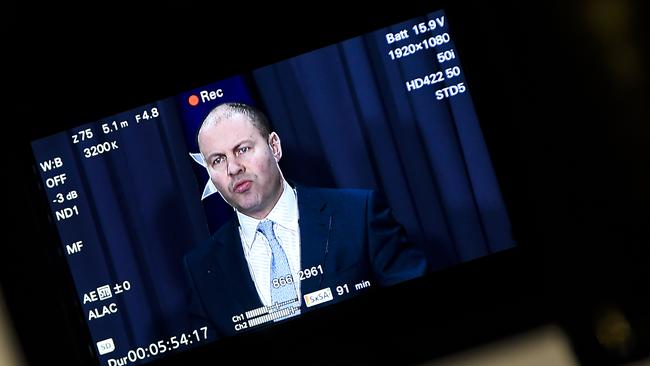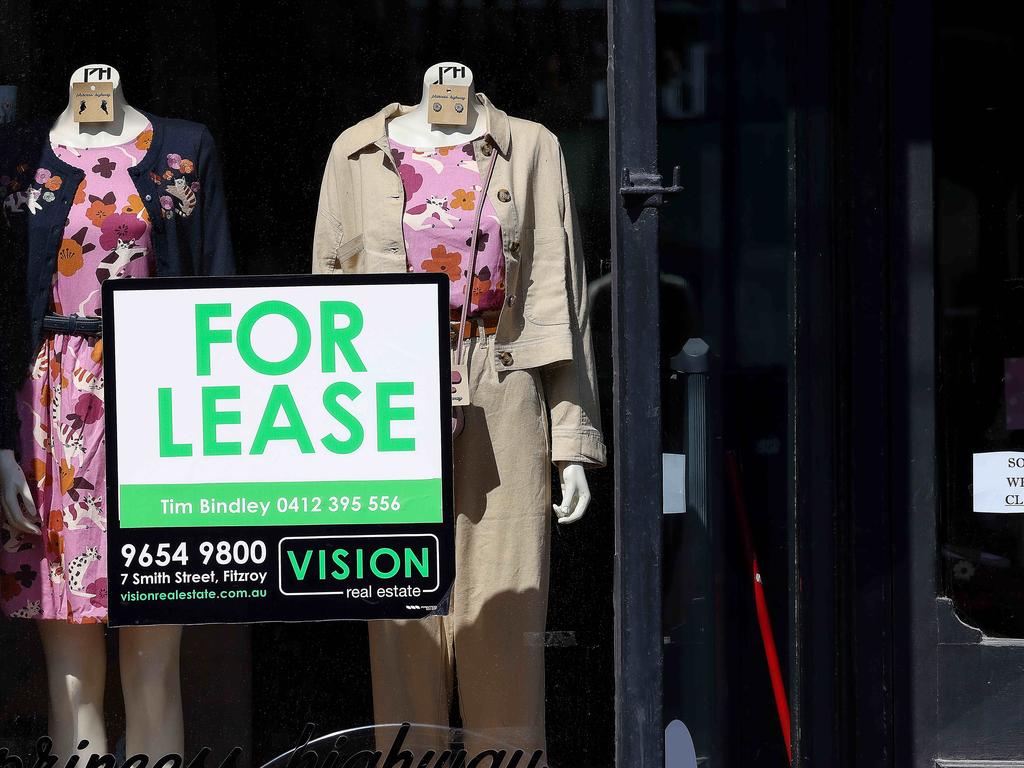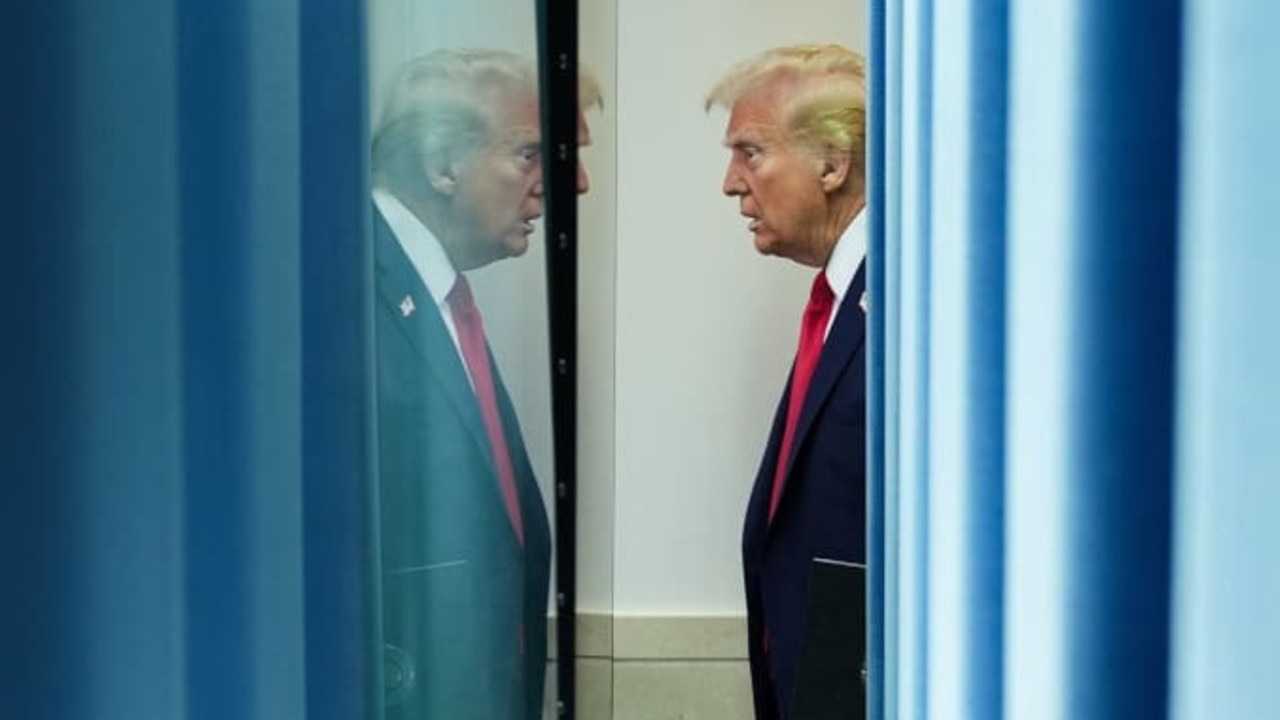Virus and economy balancing act pulled off
Neither RBA nor Treasury understood just how stunningly effective their joint stimulus was going to be and actually was.

Some thoughts on 2020, around, of course, the year-defining action-forcing event: the virus.
The only objective overall assessment is that we “got it” just about right — both in terms of the specific virus outcome and the balance between fighting the virus and economic damage and cost.
As we exit the year it is hard — I would suggest impossible — to argue that we could have done dramatically better in terms of lives “saved”, even NOT excluding the Victorian debacle, certainly if we do.
The “saved” is in quotation marks because we have yet to have the accounting of the lives cost or shortened because of the postponement of so much other medical care — bluntly and broadly, the extra fatal heart attacks through 2020, the future deaths or health impairment from cancer treatment delayed.
Equally, in counter, it is hard to sustain the argument that we should have done the (Swedish) opposite; to have sidestepped the lockdown route and let things rip.
I say that not to argue that the “benefit” of a stronger economic outcome would not have been outweighed by the “cost” of more lives lost, but on the basis of the one big thing we got right early: closing the international border.
That is the one argument, I would suggest, that is sustainable — especially with 20-20 hindsight. That, after closing the international border, we could have allowed the economy and the state borders to stay open, while managing any breakouts as NSW is doing, it seems, right now.
For an island, well separated from the rest of the world, quarantine plus management worked. NSW quietly demonstrated that all year; indeed, even Victoria’s debacle — the one big failure — confirmed that ultimately.
It is clearly no mere coincidence that five of the seven big successes with the virus — in descending order, Taiwan, Singapore, New Zealand, Japan and Australia — are all islands and the sixth, South Korea, is effectively also.
The seventh? Well, the seventh is China, which needs a whole analysis of its own.
Taiwan was the outstanding gold-star performer. Population the same as Australia but just seven deaths compared with NZ’s 25 and our 908. Take out the Victorian debacle and we would have done as well as — in the absence of a Taiwan, which WHO and so many others want to literally disappear — the world-leading duo of NZ and Singapore.
But it’s the “balance outcome” at which we starred. Our GDP plunged 7 per cent in the June quarter. Among major countries, that was second only to South Korea which dropped only 3.2 per cent. NZ paid for its fewer virus deaths with a GDP that plunged 12 per cent.
Most of Europe paid heavily on both fronts. The savage lockdown that cost the UK a 20 per cent GDP plunge didn’t save many if any lives; the lives sacrificed in Sweden didn’t save it from a similar 7 per cent plunge as us.
Our economy bounced back 3.3 per cent in the September quarter. It would have been more like 5-6 per cent but for Victoria. But then Victoria worked as a supercharger in the December quarter: incredibly, GDP growth this quarter will top 4 per cent and take the economy above where it was a year ago.
The policy mix got it right and it got it right early, although Treasury in Canberra took a week or so to follow the path shown across the ditch in Wellington.
That “one big thing” was JobKeeper. It didn’t only save jobs, it also saved the businesses that employed those workers. The money injected into the national spending stream saved countless more indirectly.

This was both augmented and complemented by the Reserve Bank slashing its official rate to 0.25 per cent; and even more the building of a QE structure around that rate, with volume QE in printing money for the banks and yield-not-volume QE in buying bonds to hold the yield curve out to three years at the 0.25 per cent. I fully understand why the RBA concluded it had to move this all down to 0.1 per cent in November — albeit, when “it”, as in any need for further stimulus, was already all over; but would argue it will be barely a “wash” in net cost-benefit.
Perhaps bizarrely, certainly interestingly, neither RBA nor Treasury understood just how stunningly effective their joint stimulus was going to be and actually was.
Both were forecasting zero growth in the September quarter (one was a decimal point positive, the other a decimal point negative); growth was, as noted, 3.3 per cent.
Then Treasury forecast 2.2 million would still be on JobKeeper in October; the actual figure was 1.5 million. One month into the quarter, early November, the RBA forecast growth through 2020 would still be minus 4 per cent; my call is that it will be around zero at worst and most probably positive.
In sum, we exit 2020 in arguably almost beyond denial the best position on both the virus and economic fronts of any country in the world after suffering among the best — as in least — pain on both fronts through 2020 as well.
If indeed the “Godot vaccine” proves to have been well worth waiting for — that is to say, it proves quickly and pervasively effective both as a medical and a (global economy-opening up) economic tool — the performance will have been rendered all the more impressive.
Setting aside the unknown and indeed as yet unknowable cost in terms of non-virus health issues, the single biggest negative out of 2020 is the massive expansion of government debt and the legacy of entrenched deficits across both levels of government.
This guarantees continued high and distorting taxation; limits future service delivery and of course breeds yet further debt.
It also adds yet another question mark to the challenges and threats around the other big thing that worked so well and again like after the GFC uniquely for us: for all the gathering storm clouds, a quickly resurgent China.







